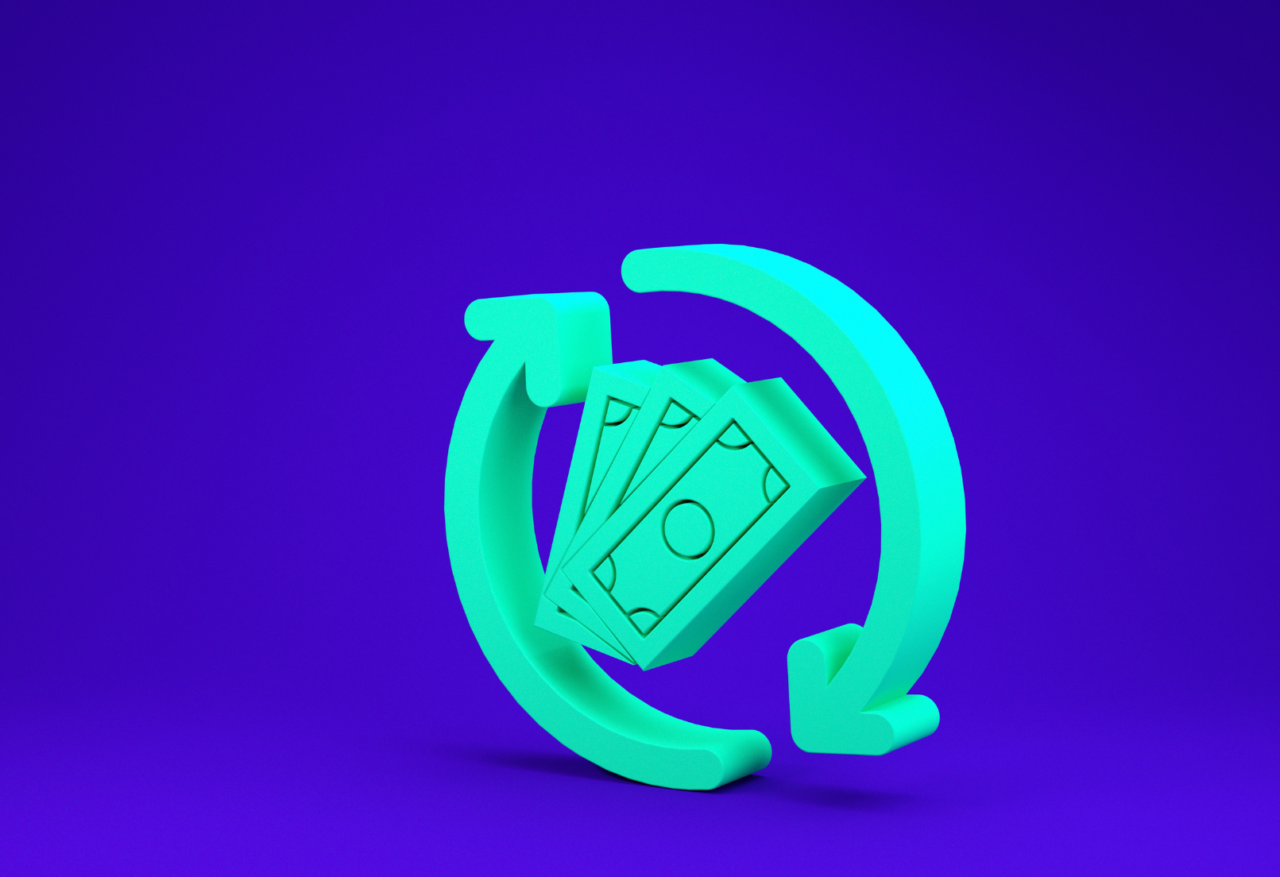What is a chargeback? When you use your credit card as a consumer, you know that you are protected by your bank and the card brand from the fraudulent use of your credit card. Knowing that you’re protected as a consumer can help you feel comfortable using your credit card to make purchases, and that’s exactly why those protections exist.
However, as a merchant who accepts credit card payments, you are now on the other end of those cardholder protections. If you inadvertently process a payment for a transaction where the credit card is stolen, or a shipment doesn’t get delivered to the customer for some reason, then your business is responsible for refunding the transaction to the customer.
A chargeback occurs when the cardholder contacts their financial institution to request a refund for a transaction, instead of contacting your business to raise a concern. When a cardholder files a chargeback, your business will be debited the amount of the transaction to return the funds to the cardholder’s account, as well as a chargeback fee. Because chargebacks were instituted as consumer protection, they will generally favor the customer over the merchant. Your business will need to successfully dispute the chargeback in order to get the funds returned to your account.
There are various reasons why a chargeback may be filed against your business. The first and most common reason is a cardholder has filed a dispute with their issuing bank.
- Because their credit card was used for a fraudulent transaction
- When there’s a transaction on their credit card statement that they don’t recognize
- If they want a refund and don’t see another way to get it
- Because they are dissatisfied with the product or service
- If they did not receive a product that they ordered
- Because they are signed up for a recurring payment that they would like to cancel, and they are not sure how to do it through your business’s website
- If they were billed for a recurring payment without their knowledge
Technical issues might trigger a chargeback if there is something technically wrong with the transaction on either side, such as forcing a fake approval code. Chargebacks can be costly for merchants. When a chargeback occurs, the business not only loses out on the revenue from the sale of a product or service but there is the additional cost of paying the non-refundable chargeback fee from your acquiring bank.
The best way to protect against chargebacks is to take steps to prevent them from happening in the first place. Taking the time to help ensure that customers clearly understand what they’re purchasing. It’s also important to have comprehensive and easy-to-understand refund and shipping policies. Having policies in place and making it easy for customers to contact you will make it easier for customers to find the information they need when something comes up.



